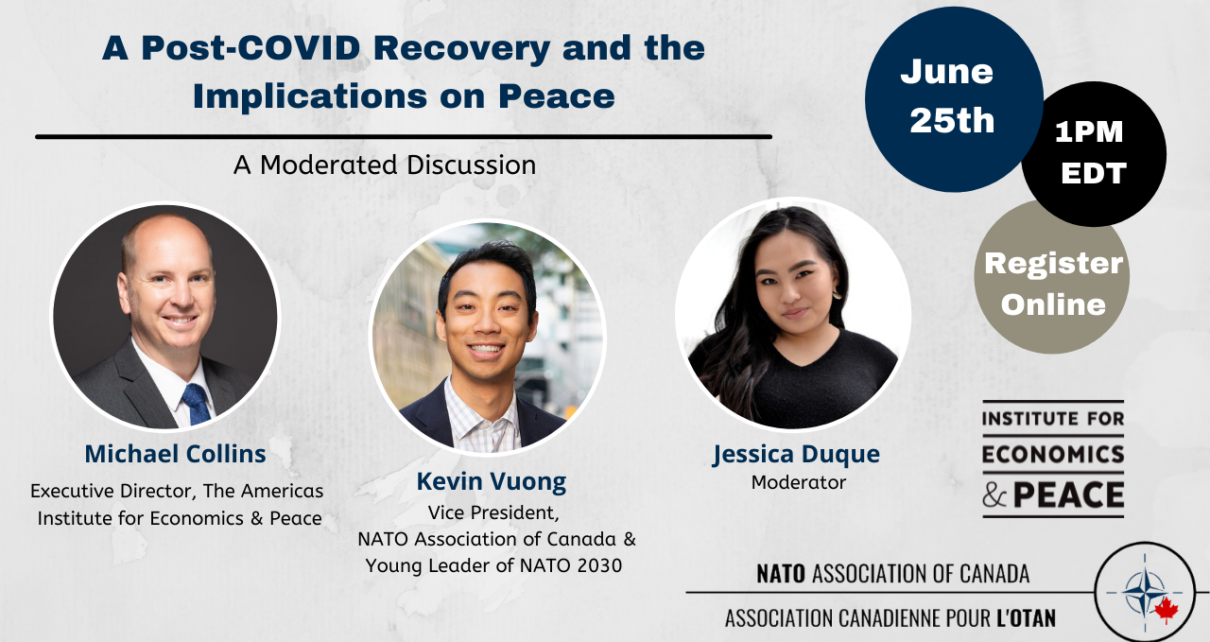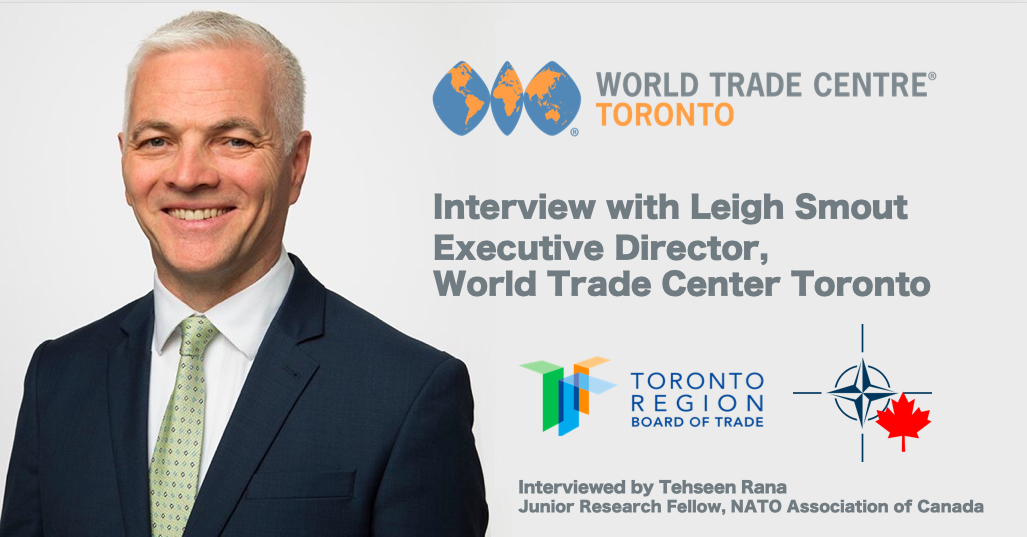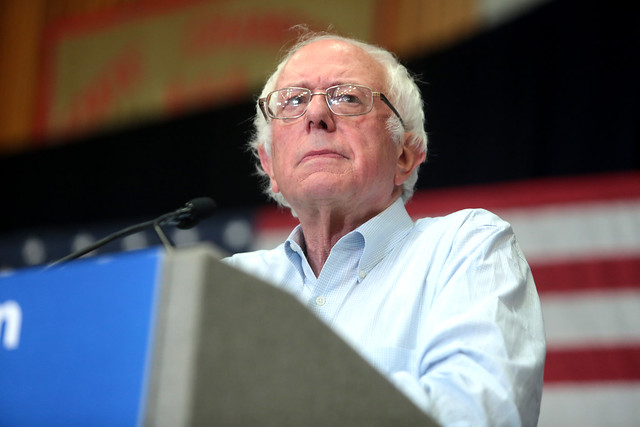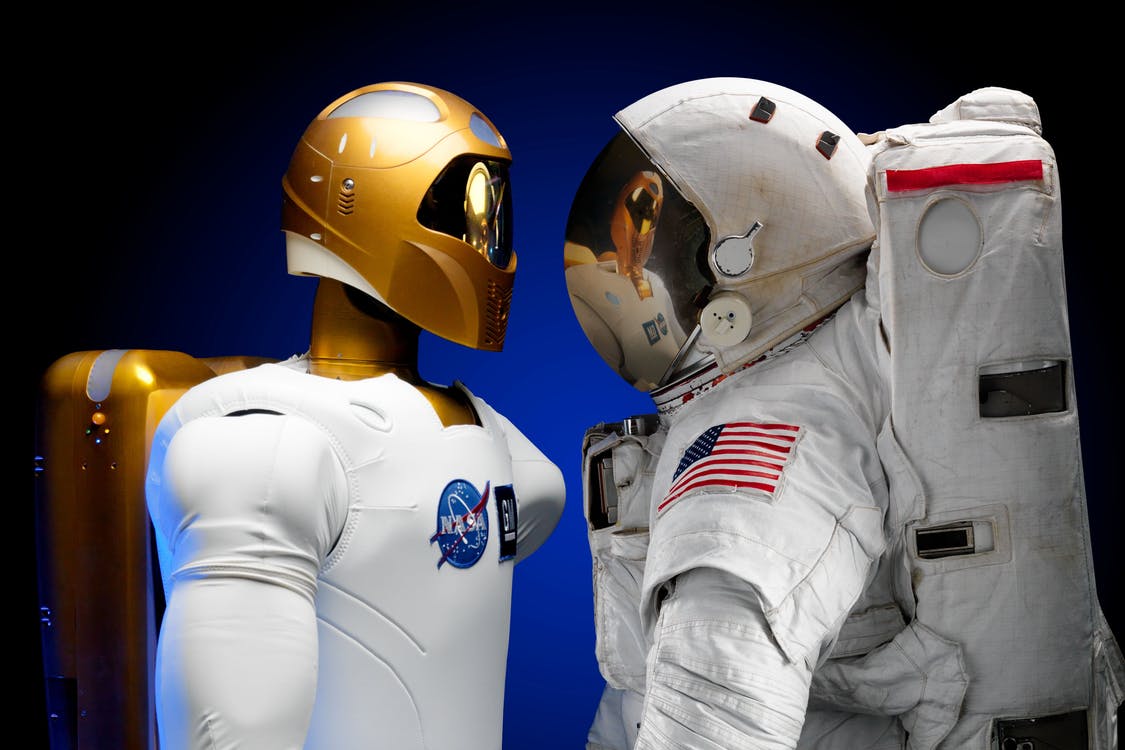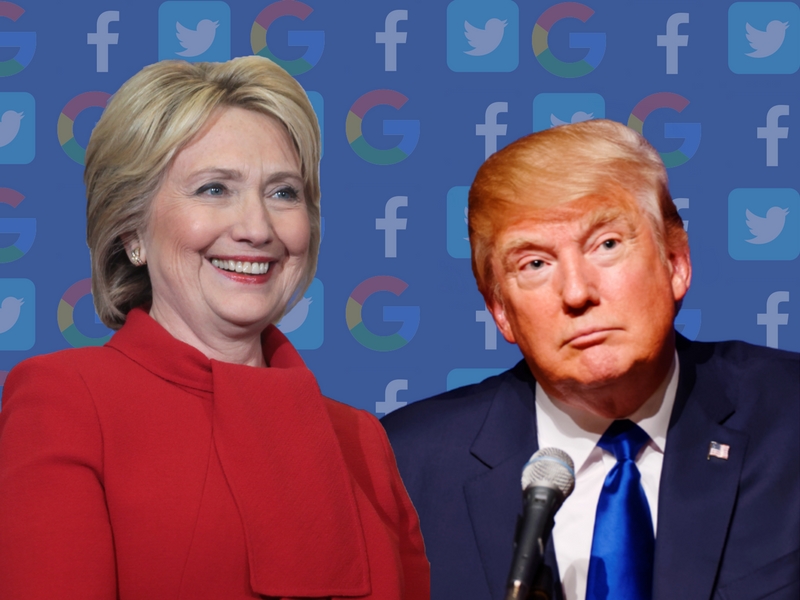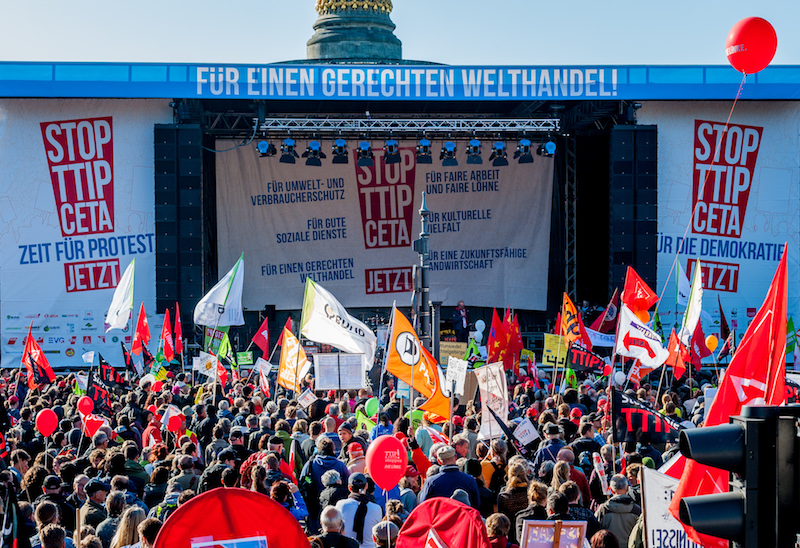Foreign Investment, Market Structure, and NATO Economic Security Russia’s invasion of Ukraine marked a turning point in how NATO understands economic security. The immediate response was necessarily focused on energy: securing supply, diversifying imports, and hardening critical infrastructure against disruption. These efforts were essential. They reflected a growing recognition that dependence on hostile or unreliable Read More…
Tag: economics
A Post-COVID Recovery and the Implications on Peace
Each year, the Institute for Economics & Peace publishes their Global Peace Index report outlining the state of peace in the world. Join us on June 25th from 1-2PM for a conversation on this topic between Micheal Collins, Executive Director, Americas for the Institute for Economics & Peace, and Kevin Vuong, Vice-President of the NATO Read More…
The Luring of the Indo-Pacific: Can NATO formulate a collective regional strategy for its members?
In this article, Junior Research Fellow Andrew Erskine explores the unilateral Indo-Pacific strategy of four major powers in NATO and how they pose a challenge for NATO in developing a collective strategy for the region.
Interview with Leigh Smout
Tehseen Rana of the NATO Association of Canada interviews Leigh Smout of the World Trade Center Toronto.
Remittances & International Security
In this article, the first in a two-part series, William Lloyd delves into remittances, and why they need to be a topic of discussion in the upcoming Democratic Primary.
A Shifting Global Economy, Part 1: What’s Driving Change?
This podcast is Part 1 in a series of discussions with researchers in International Business and Economics on changes in the global economy driven by political, social and technological trends. The researchers share what they think are the most important things to look at in the coming years.
Budget 2017: A Gender-Based Approach to Economics
The 2017 federal budget is bold in its gender-based analysis of government spending. That is a welcome step in the direction of a fairer society, but ultimately a more robust conversation around feminism and its relation to economics will be needed to achieve lasting gains.
Investigating Secular Stagnation, Part 3: Technology
The new economic paradigm is characterized by near-zero marginal cost thanks to greater technological efficiency. That is desirable because it allows us to do more with less, but it also contributes paradoxically to slowing economic growth.
Information Wars: How Google, Facebook & Twitter Are Adapting to the Post-US Election Era
Did social media influence the outcome of the American elections? In light of Google, Facebook & Twitter’s recent policy changes, Charlotte Provost explores the role of the internet in divulging information to the public, and its potential influence on the global community.
CETA Explained: How the Canadian-EU Trade Deal is Stirring Up Controversy
What are the controversies surrounding the most significant trade deal for Canada since NAFTA? Charlotte Provost and Michele Di Leo analyze the economic consequences of CETA, as well as the political hurdles it must clear.


